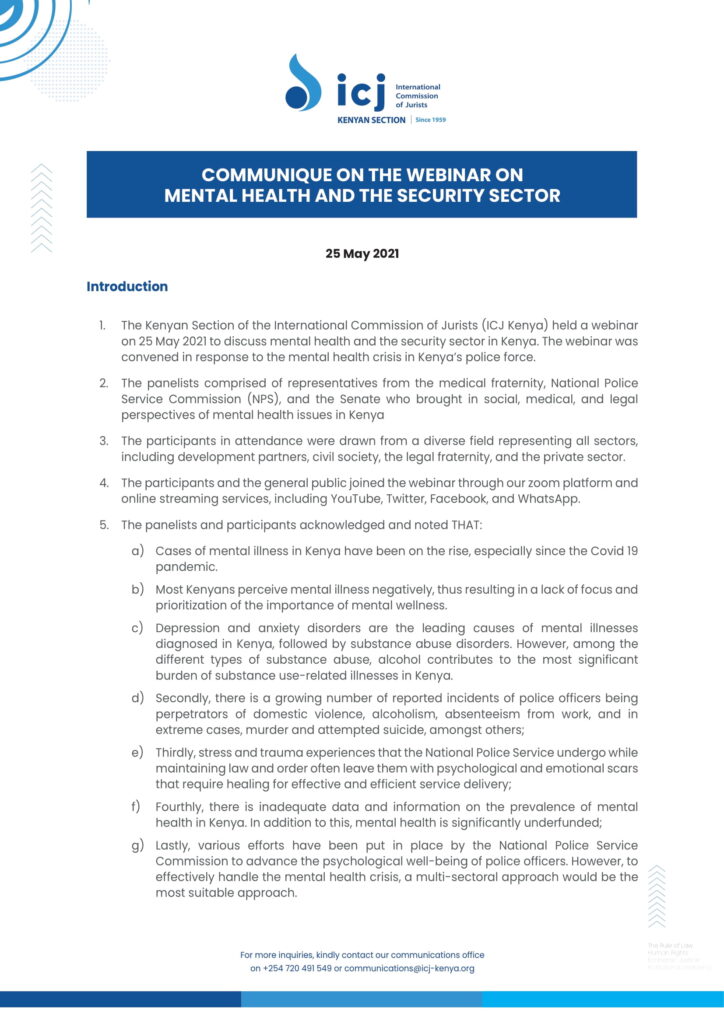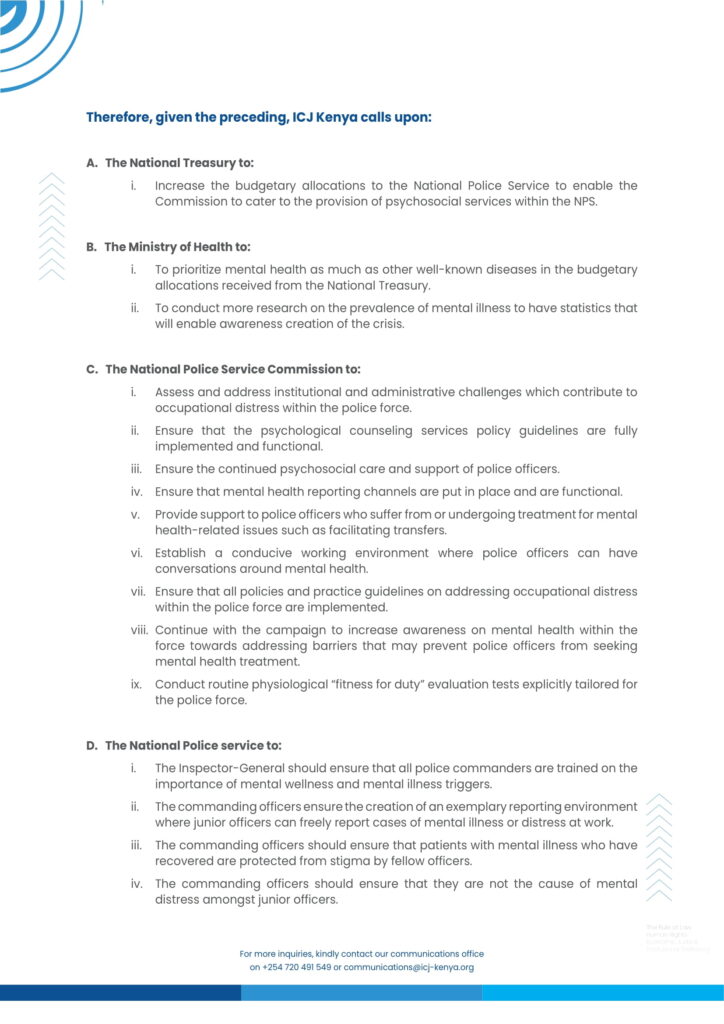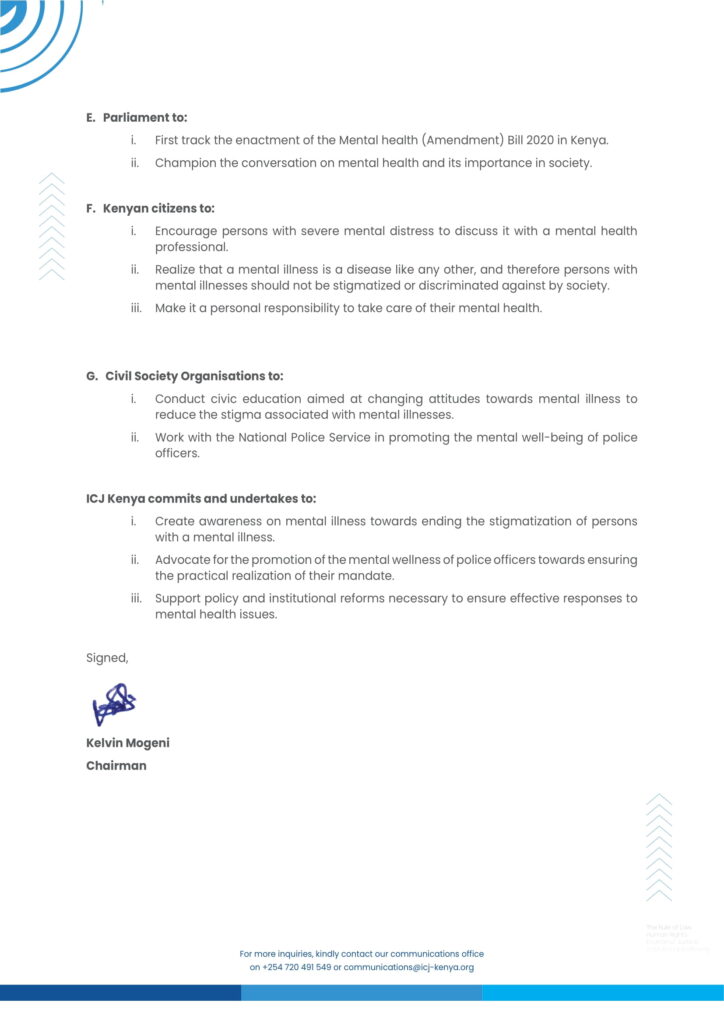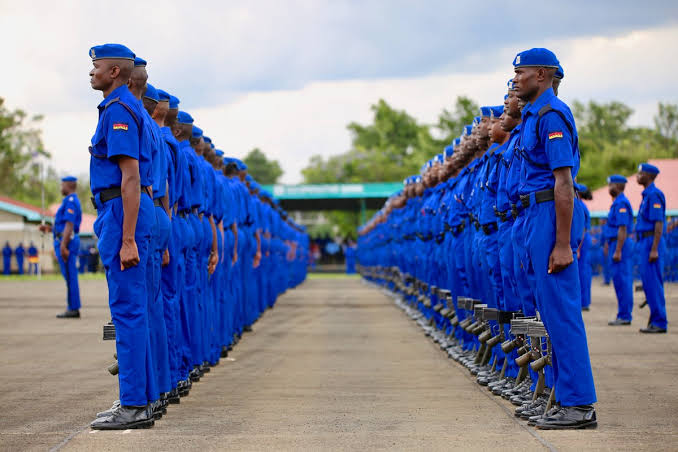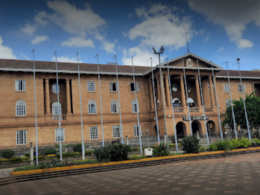By Vincent Kimathi
Cases of suicide, attacks by officers on their colleagues and family members have been rising in the recent past, raising concern about their mental health.
On January 4 2021, a police officer in Garissa shot and killed himself. This happened a few hours after a prison warder in Mwea committed suicide after killing a police officer in an alleged love triangle.The two incidents followed the January 3 murder-suicide at Kamukunji Police Station in Nairobi, where an officer killed his female colleague and injured another before taking his own life.
In March, an officer from Kisii also shot two of his collegues where one died and the other sustained serious injuries after an argument while in April, a General Service Unit officer attached to the Interior Ministry headquarters’ VIP Protection shot his wife dead before committing suicide. In July, Corporal Carolyne Kangogo, 34, shot and killed two of his collegues in different locations in very unclear circumstances.
The Kenyan Section of the International Commission of jurists (ICJ Kenya) and members of the Police Reform Working Group have noted with concern an increase in the cases of police suicides, attacks by police officers on colleagues and family members due to unaddressed mental and psychosocial issues. The incidences have sparked discussion on the underlying reasons that these incidences are steadily on the rise. A concern is that the spike in cases is associated with trauma that police officers confront in discharging their duties.
As a response to the crisis, ICJ Kenya held a webinar to discuss the mental health and security sector in Kenya’s police force. The webinar panelists comprised of representatives from the medical fraternity, the National Police Service Commission (NPS), and the senate who brought in social, medical and legal perspectives on mental health issues in Kenya.
Article 246 of the Constitution of Kenya creates the National Police Service Commission, whose mandate is to independently look at police welfare, career progression and other aspects of human resource management. Many police officers welcomed the creation of the commission; it created hope for fair recruitment, appointments, transfers, promotions, and disciplinary control, thereby potentially bringing an end to the corruption and nepotism that had afflicted these processes.
Before April 2019, the training of police officers emphasized work-related skills, however, in light of recent trends, the Inspector General of Police has placed an equal emphasis on the mental wellness of police officers in a bid to improve service delivery. In response to the rising cases of murder-suicides within the police, National Police Service( NPS) has embarked on an ambitious programme to sensitize all police officers in trauma healing and psychological well-being. The plan is to give officers tools to recognise trauma in themselves, other officers and the community; improve skills and approaches to facilitate peer support, and amplify processes that enhance the role of police stations as avenues of healing of officers and the community at large.
There is urgent need to launch a mental health campaign in the police service. This should include posting mental health experts in police posts, stations and divisions.
The preamble to the report of the National Taskforce on Mental Health begins by quoting H.E President Uhuru Kenyatta’s Madaraka Day speech of June 2019. In his remarks, His Excellency spoke profound words portraying a husband, father and grandfather. He said:
“Depression has today become a common phenomenon and it affects persons from all walks of life and ages. I urge employers and institutions of learning to invest more time and resources in monitoring and facilitating the mental well-being of their charges. I, therefore, direct the Ministry of Health in consultation with County Governments, Ministries of Education, Labour & Social Protection and Public Service, Youth & Gender Affairs, to formulate an appropriate policy response…..”
In so doing, he gave a voice to millions of Kenyans whose silent suffering in the face of challenges of poor mental health had reached unacceptable levels. Speaking as a panelist during ICJ Kenya webinar Dr. Boniface Chitayi Murabula the President of the Kenya Psychiatric Association (KPA) said; “Mental health is a discussion that is hardly had in our society. That it is not mental health that is stigmatized but it is actually people living with mental illness. Ones mental health is deemed to be good if one is able to cope with stresses, can contribute to the community. He further stated that mental illness is a crisis that needs a multisectoral approach and urgent measures should be taken…..”.
Read the communique below:
